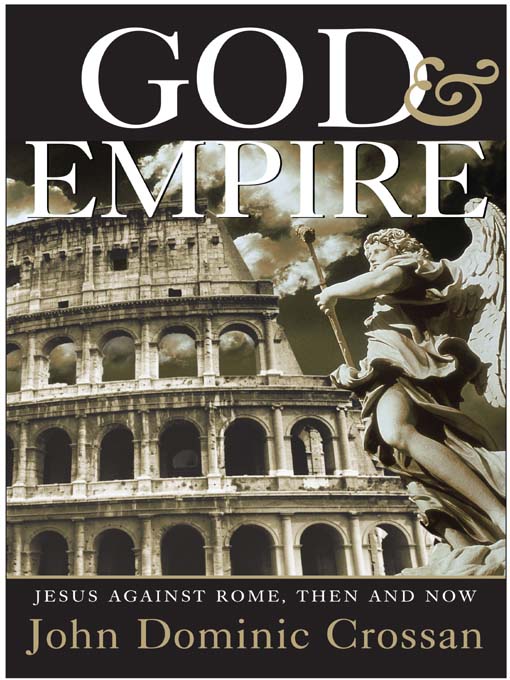The bestselling author and prominent New Testament scholar draws parallels between 1st–century Roman Empire and 21st–century United States, showing how the radical messages of Jesus and Paul can lead us to peace today
Using the tools of expert biblical scholarship and a keen eye for current events, bestselling author John Dominic Crossan deftly presents the tensions exhibited in the Bible between political power and God's justice. Through the revolutionary messages of Jesus and Paul, Crossan reveals what the Bible has to say about land and economy, violence and retribution, justice and peace, and ultimately, redemption. He examines the meaning of “kingdom of God” prophesized by Jesus, and the equality recommended to Paul by his churches, contrasting these messages of peace against the misinterpreted apocalyptic vision from the book of Revelations, that has been co-opted by modern right-wing theologians and televangelists to justify the United State's military actions in the Middle East.



